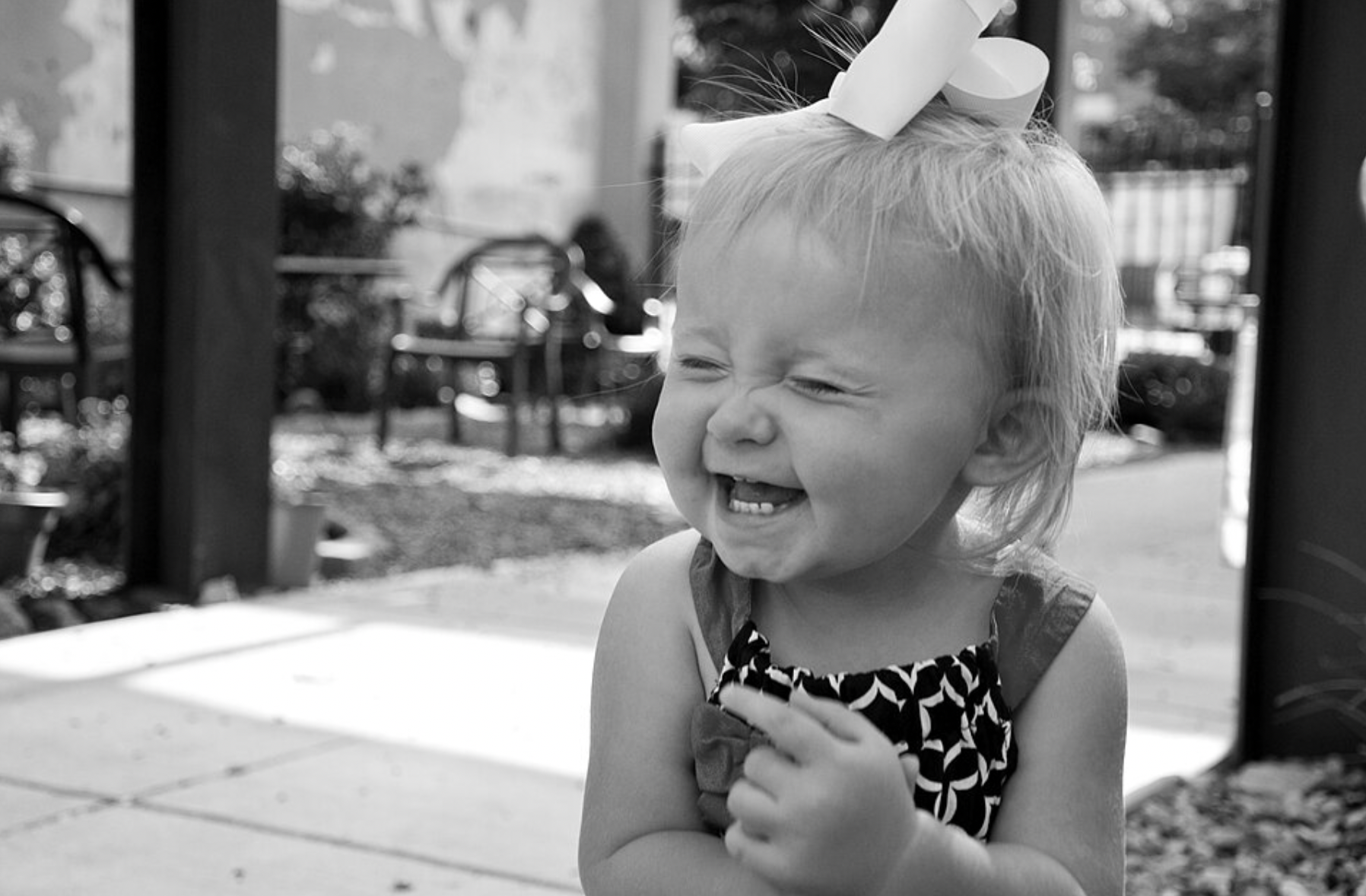The Blessing of Joy
Joy is when the individual is transfigured and caught up into something awesome, relational, connective, and deeply satisfying.

The Blessing of Joy
Happiness is the feeling we have when something good happens. We might achieve or do something at work which our colleagues or clients respect and praise. Or something at home or with friends which likewise is applauded.
Praise is almost invariably good. Our self is nourished and nurtured, replenished, and expanded. It builds us up. Praise is a great encouragement, and we need to give more of it and often.
Happiness also might be when our team wins, after a long drought in the winning stakes, and we join with fellow supporters in celebrating them. Like Auckland’s rugby team, the Blue’s, last weekend.
Happiness might be when we go on holiday, shedding our anxieties and relaxing. Many people live from weekend to weekend, holiday to holiday, whether that time is spent at home or away. We are more than our work.
Happiness might be going to a concert and hearing music that not only pleases our ears but engages our soul, and we come away refreshed. Music and other art forms nurture and expand us.
Happiness is a good thing. A great motivator. A great result. We each would like more of it, and most of us would like everyone everywhere to have more of it.
But joy, says the American author David Brooks, is something else.
He tells of a woman who, when her daughter was born, said “I realized I loved her more than evolution required.” This woman’s comment is pointing to something deep within, an inexplicable care for another. And in that care, a finding of oneself, one’s true self. The ‘I’ is joined to a ‘we,’ and becomes at one with the ‘we.’
His idea of joy is that it’s not about the self. It’s not about the nourishment and expansion of the self, though both of those may be a consequence of joy.
Rather joy is the moment with the skin barrier disappears between a parent and their child, or between two long-term lovers, partners, or spouses. It’s the moment when you realize the conditionality of love is dissolving into the unconditional. It’s the moment when you realize you are losing yourself into a bigger self, becoming one with something other than yourself.
Joy can also be experienced when that mutuality is with nature. There is an experience that some climbers have where it is as if you become one with the mountain you are climbing. Or one with the forest. Similarly the whakatauki (proverb) of the Whanganui iwi, “I am in the river and the river is in me,” points to this understanding of the ‘I’ being joined and transfigured into a ‘we.’
Trying to describe joy leads us to the borderlands of poetry, mysticism, and spirituality. We are trying to express that which is profound, yet descriptively elusive.
The feelings that accompany such joyous ‘at one’ moments include happiness but more than happiness. There is amazement and wonder. There is deep contentment and peace. There is a T. S. Eliot sense of coming home to yourself truly for the first time. Joy is when the individual is transfigured and caught up into something awesome, relational, connective, and deeply satisfying.
Happiness says Brooks is about the individual. Joy is about the relationship. May we know the blessing of joy




